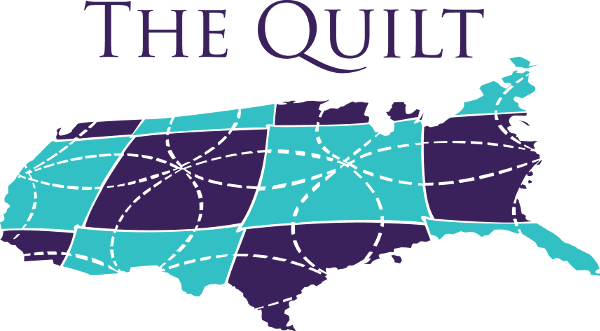Change. From the long-lasting effects of the pandemic on remote accessibility to the enactment of the Infrastructure Investment and Jobs Act (IIJA), change will continue to impact research and education (R&E) networks for many years. Differentiating programs and finding services with the most value for R&E network members will become critical as the broadband space becomes even more convoluted.
Over the past year, the Kansas Research and Education Network (KanREN) decided to take a different approach to creating a roadmap for their future.
On the cusp of their 30th year, leaders at KanREN realized that in order to know the best path to take they needed to spend some time understanding what their members needed and valued. They leveraged a fractional CMO (chief marketing officer) to work with their Executive Committee as well as create a custom stakeholder survey to get direct input from stakeholders, staff, vendors, and more.
KanREN CMO consultant Keri Lauderdale Olson explained that most organizations think they know what their customers want, but those needs change over time (especially in this environment). ”What you thought you knew may no longer be true,” he added. “Finding out where you think you are positioned in fulfilling customers’ needs, compared to what they believe, can be a game changer.”
As an example, KanREN had stopped offering training opportunities because they believed that their members no longer wanted or needed that service. Feedback from the survey showed that training and education were areas of great value. Additional feedback included areas of specific interest for training and education, which has helped KanREN create programs tailored to exactly what their members want and need. This remains an opportunity for KanREN to provide something at low-cost that provides high-value to their members and differentiates them from their competitors.
The results of the Executive Committee session and stakeholder survey report were analyzed and presented to KanREN’s Board of Directors. The insights from this work were eye-opening on all levels. KanREN executive director Cort Buffington said that the input received probably would not have been the same if these questions were asked pre-pandemic. “There are ways that education is going to be permanently changed by the pandemic,” he explained. “We have to figure out what changes will continue to affect how people communicate and how we can fulfill our members’ needs differently than anyone else.”
This process started new discussions about the vision for KanREN’s future based upon data instead of assumptions about what their members valued. A new strategic plan is being built with strategies that align with members’ needs now and in the future.
“If you haven’t evaluated the needs of your members since pre-pandemic, you probably aren’t aligned with where they are now,” – Cort Buffington.
KanREN brought “The Internet to Kansas” and continues to provide critical, world-class broadband services and support to the Kansas research and education community. As a 501(c)(3) organization established in 1992 by the public universities of Kansas, the Kansas Research and Education Network has a reputation as a forward-thinking advocate for its members through networking, connectivity, and innovation. KanREN has focused, and continues to focus, on advanced network services for all its members.

